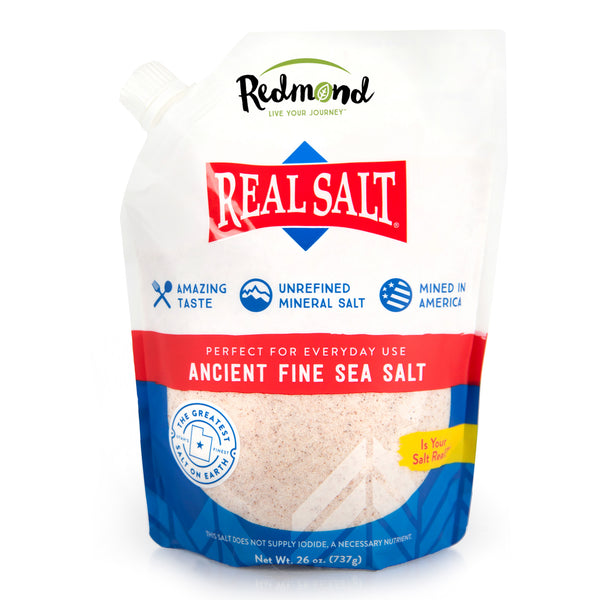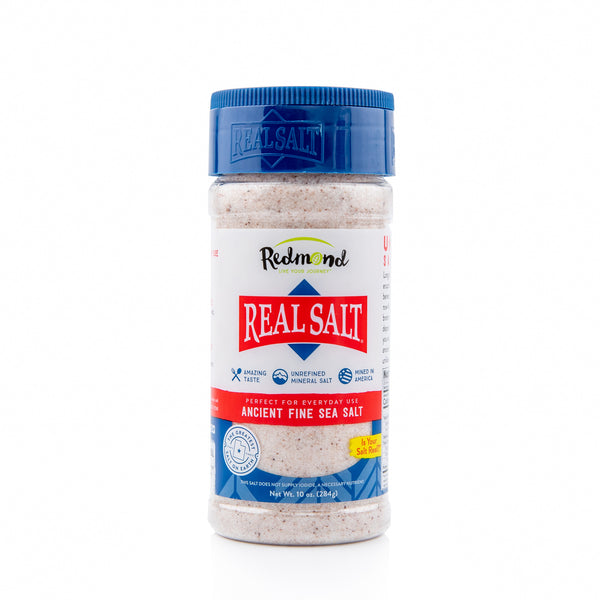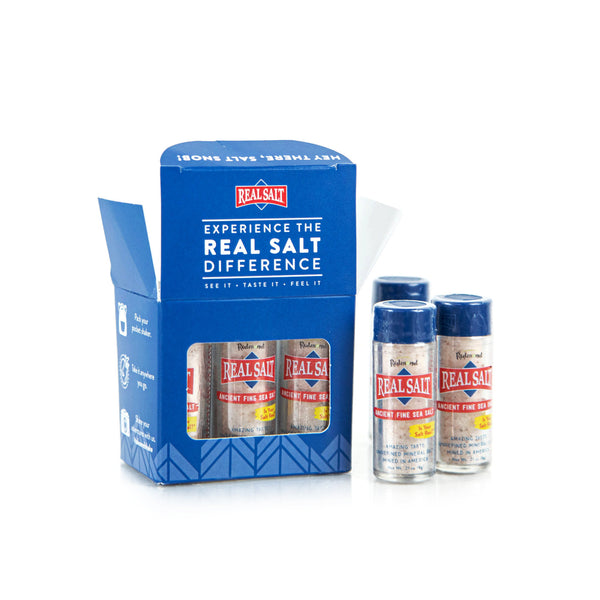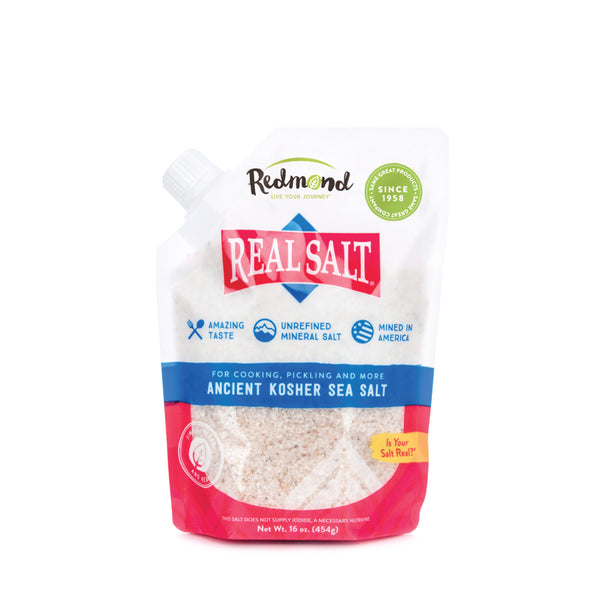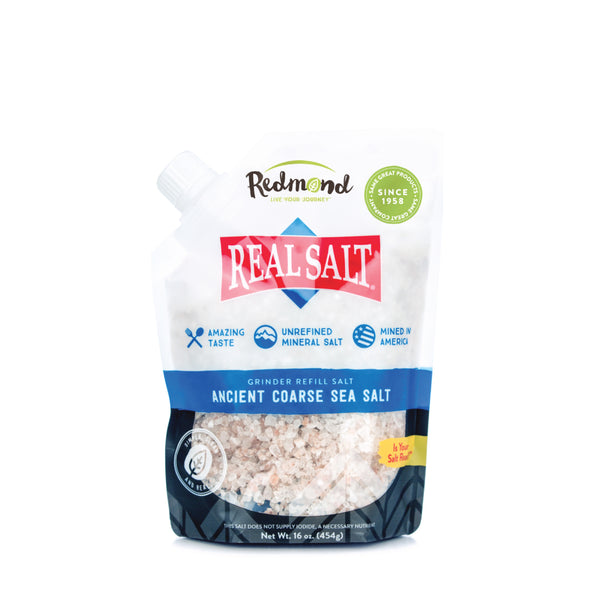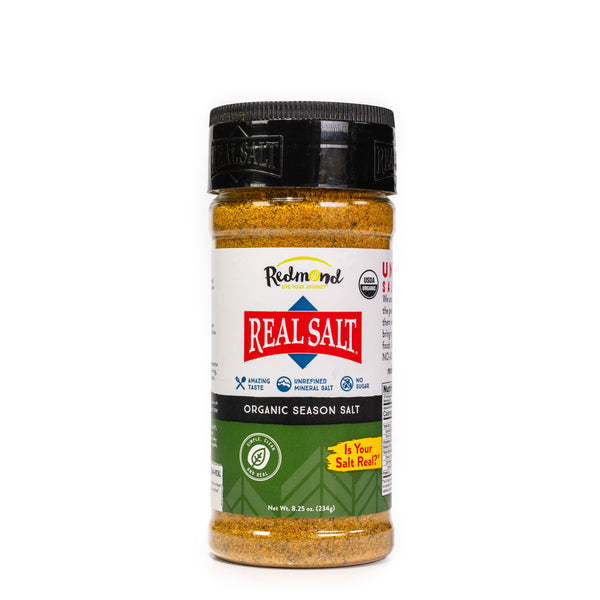What No One Tells You About Following Your Passion

Article at a Glance:
- When we’re too focused on finding and following our one burning passion, we can get stuck in perfectionism, tunnel vision, and the fear of making a mistake.
- Instead of following your passion, solving problems you come across in your daily life can feel purposeful and satisfying.
- Focusing on being helpful rather than finding your passion is also stimulating and rewarding.
- Following your curiosity feels like less pressure than following your passion but can still lead to a passionate, fulfilling life.
“Follow your passion, and everything will work out.”
“Do what you love, and you’ll never work a day in your life.”
“What are you passionate about?” *cue sweaty palms and eyes darting for the exit.
We hear things like this all the time, but what if you don’t know what you’re passionate about?
What if you don’t have just one thing that you’re obsessed with?
Or, if you DO know what you’re passionate about, what if you haven’t made it your career, or don’t even want to?
Good news: There’s nothing wrong with you. None of this means you failed, or that you can’t live a passionate life.
And in this article, we’ll learn about why!
Stop Trying to Find Your Passion
In her 2015 TEDx KC talk, Terri Trespicio explains why “finding your passion” is a dead end, and what you can do instead. (And don’t worry, this doesn’t mean you have to resign yourself to a life devoid of passion.) Watch it here.
What to Do Instead of “Finding Your Passion”
So, what can you do instead of looking for your passion? Here are a few things to focus on instead (that still lead to a meaningful, passionate life):
Solve Problems
Many great inventions, businesses, artworks, and ideas exist because someone got fed up enough to take action. Something perplexed or bugged them, and they searched for a solution.
So what drives you crazy? What problems vex you day in and day out? What keeps you up at night?
Also, what kinds of problems do people ask you for help with? What types of problems do you LOVE helping with?
Before you get overwhelmed, know that this doesn’t mean you have to be an entrepreneur or invent the next big gadget. It could be as simple as having a productive conversation with someone, volunteering for an afternoon in your community, or even just Googling to learn more about this issue to get ideas about how you can help.
Or maybe you streamline a process at work or finally buy some decent creamer for the break room. Maybe you fix a niggling little thing at home that’s been driving you nuts. Maybe you help your nephew with his science homework or show your neighbor how to prune their lilac bush.
This doesn’t have to be earth-shaking. You don’t have to start a social revolution or become the next Gandhi.
If something is a problem for you, it’s probably a problem for someone else, so solving that problem doesn’t just benefit you. This takes us to the next point…
Be Helpful
“That’s where passion comes from, where your effort meets someone else’s need. Why do you think when you ask someone what they’re passionate about, they say ‘helping others?’” - Terri Trespicio
At Redmond, one of our core values is Passion for Contribution. We like this distinction because we need to feel like what we do matters and that we’re making a difference in someone’s life, even a little bit.
Also, passion changes and can ebb and flow (like motivation). But Passion for Contribution doesn’t. And it can grow with you instead of strapping you down to one activity or course of action.
Focus on where you can make a contribution. Ask for perspective from others so you can fine-tune your efforts. Soon, you’ll realize where you’re good at being helpful, and where you enjoy being helpful. Passion will follow!
Follow Your Curiosity
Curiosity is a low-pressure alternative to passion because there are no strings attached. Just because you’re curious about something doesn’t mean you have to commit to it for the rest of your life.
So, what if you just ditched the idea of passion for now and trusted curiosity instead? What if you just noticed what interests you right now and followed that, even if it seems silly or makes no sense? (Spoiler: It may or may not make sense later.)
Try it. Like an experiment.
In her book Big Magic, Elizabeth Gilbert writes “See where curiosity will lead you next. Then follow the next clue, then the next, and the next. Remember, it doesn’t have to be a voice in the desert; it’s just a harmless little scavenger hunt…It may even eventually lead you to your passion.”
Sounds like a good deal to us!
Do SOMETHING. Anything.
Sometimes, we think everything we do has to fit into our passion and that if we make a mistake, we’ll blow it.
When we’re too focused on finding and following our ONE burning passion, we can get stuck in perfectionism, tunnel vision, and the fear of making a mistake. In other words, we risk getting mired in analysis paralysis.
So, try something. Anything. Just don’t stay stuck.
Movement creates momentum. Don’t get too attached to the outcome here, because you’ll learn something, no matter what. You’ll either find something amazing or find out what you DON’T want (which honestly, is super valuable information).
In the wise words of Terri Trespicio’s mom, “You don’t create your life first and then live it. You create your life by living it, not agonizing about it.”
If there’s anything that leads to a life without passion, it’s stagnation. So, do something!
The Key to a Passionate Life
As Terri Trespicio said in her TEDx Talk, “Passion is not a job, a sport, or a hobby. Passion is the full force of your attention and energy that you give to whatever’s right in front of you.”
To live a life of passion, put your full focus on what you’re doing NOW. Even if you won’t be doing it forever. Even if it doesn’t seem like the most exciting thing in the world at first blush. You might be surprised!
When you give something your full attention, something magical happens. You start to care. You start to notice what you like about what you’re doing. If not about the task itself, then on the impact of your efforts on the world around you.
Passion follows action. Passion follows YOU, not the other way around.
Do you enjoy learning about personal development topics like this? Follow The Redmond Experience on social media for daily personal development bites from the Redmond Culture Team and join the conversation!
Sources:
- Stop Searching for Your Passion — TEDx KC

